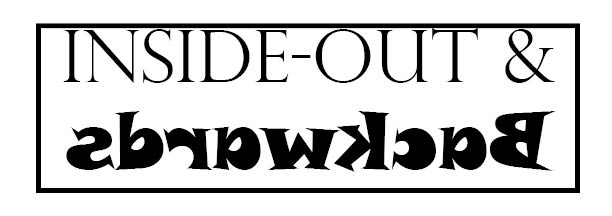Round about the 2nd century B.C., a famous thinker and teacher appeared in China who influenced Eastern thought in a profound way and for many centuries. His name is a prime example of how Westerners slaughter Asian words (the word 'karaoke' comes to mind). In Chinese it is closer to Kong Fuzi, which means Master Kong. Like other famous teachers (Socrates, the Savior) his words come to us not through his own writing but through disciples who enthusiastically quoted him in a collection of writings called the Analects. Preach My Gospel lists him with those who had great light during the apostasy. Confucius believed he was on a mission from heaven, though he never claimed to be a prophet or more than a man. Look through the lens of the gospel as you read this.
Confucius taught that virtue, behaving morally, was the foundation for intelligence and learning and also for leadership. His teachings centered on ren or compassion and the idea of not doing to anyone else what you would not have done to you. "Confucius' political philosophy is also rooted in his belief that a ruler should learn self-discipline, should govern his subjects by his own example, and should treat them with love and concern. 'If the people be led by laws, and uniformity among them be sought by punishments, they will try to escape punishment and have no sense of shame. If they are led by virtue, and uniformity sought among them through the practice of ritual propriety, they will possess a sense of shame and come to you of their own accord.'" (Stanford Encyclopedia of Philosophy). Isn't that how hoards of people saw royalty in the Savior? He didn't need to campaign for it or demand it. Isn't it right somehow, that God is good and not only the wisest and most powerful being? There is a kind of reassurance in that.
Confucius taught his countrymen that study means finding a good teacher and imitating his words and deeds. Confucius' teachings involved small anecdotes or pithy sayings from his life that the learner could compare to his own life, then ask him or herself if what he or she would have done would line up with Master Kong's action in a similar situation. (What's Chinese for "What would Jesus do?") Confucius teachings were not based on abstract principles from a distant and unknown deity. He and his followers did believe in heaven as a place where honorable people went, but they needed examples of goodness close to home. How profound that the Lord would come to earth and not just tell us from afar what we must do, but live with men and women and show us.
Part of the core of Confucian philosophy is the importance of long and careful 'Study' which is the watch cry of Asians everywhere. As a teacher Confucius did not choose his learners by rank, nor did he take on just anyone. His teaching style was as follows: "He poses questions, cites passages from the classics, or uses apt analogies, and waits for his students to arrive at the right answers." He is reported to have said, "I only instruct the eager and enlighten the fervent. If I hold up one corner and a student cannot come back to me with the other three, I do not go on with the lesson." Confucius' teachings also explain why teachers are so respected in Asia. A true education involves a moral education to ensure that the educated one behaves responsibly and humanely. These are ideals and though the Chinese government held this philosophy for years, I'm sure it's always been difficult to maintain a high level of virtue though generations of political leaders. The People's Republic of China rose against this old government which took its Confucian ideals to Taiwan.
Some well-known Confucian quotes:
"To know your faults and be able to change is the greatest virtue."
知錯能改,善莫大焉
"What you do not wish for yourself, do not do to others."
己所不欲,勿施於人。
"With coarse rice to eat, with water to drink, and my crooked arm for a pillow - is not joy to be found therein? Riches and honors acquired through unrighteousness are to me as the floating clouds."
疏食飲水,曲肱而枕,樂在其中矣。不義而富貴,於我如浮雲。
"Knowledge is recognizing what you know and what you don't."
知之為知之,不知為不知,是知也.
"Reviewing the day's lessons. Isn't it joyful? Friends come from far. Isn't it delightful? One has never been angry at other's misunderstanding. Isn't he a respectable man?"
學而時習之,不亦說乎?有朋自遠方來,不亦樂乎?人不知而不慍,不亦君子乎?
The last quote was chanted by the numerous drummers in the Opening Ceremony of the 2008 Olympics in Beijing, China.(Wikipedia: Confucious)
The following two pictures are the entrance to the school, a traditional entrance for any school. The characters mean, Gate of Courtesy and Road of Righteousness:

No comments:
Post a Comment